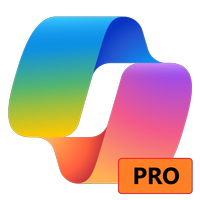Microsoft says ChatGPT isn't better than Copilot AI; you're just not using it as intended
One of the most common complaints about Copilot AI based on customer feedback is that it doesn't work as well as ChatGPT, but Microsoft says users aren't using it properly.
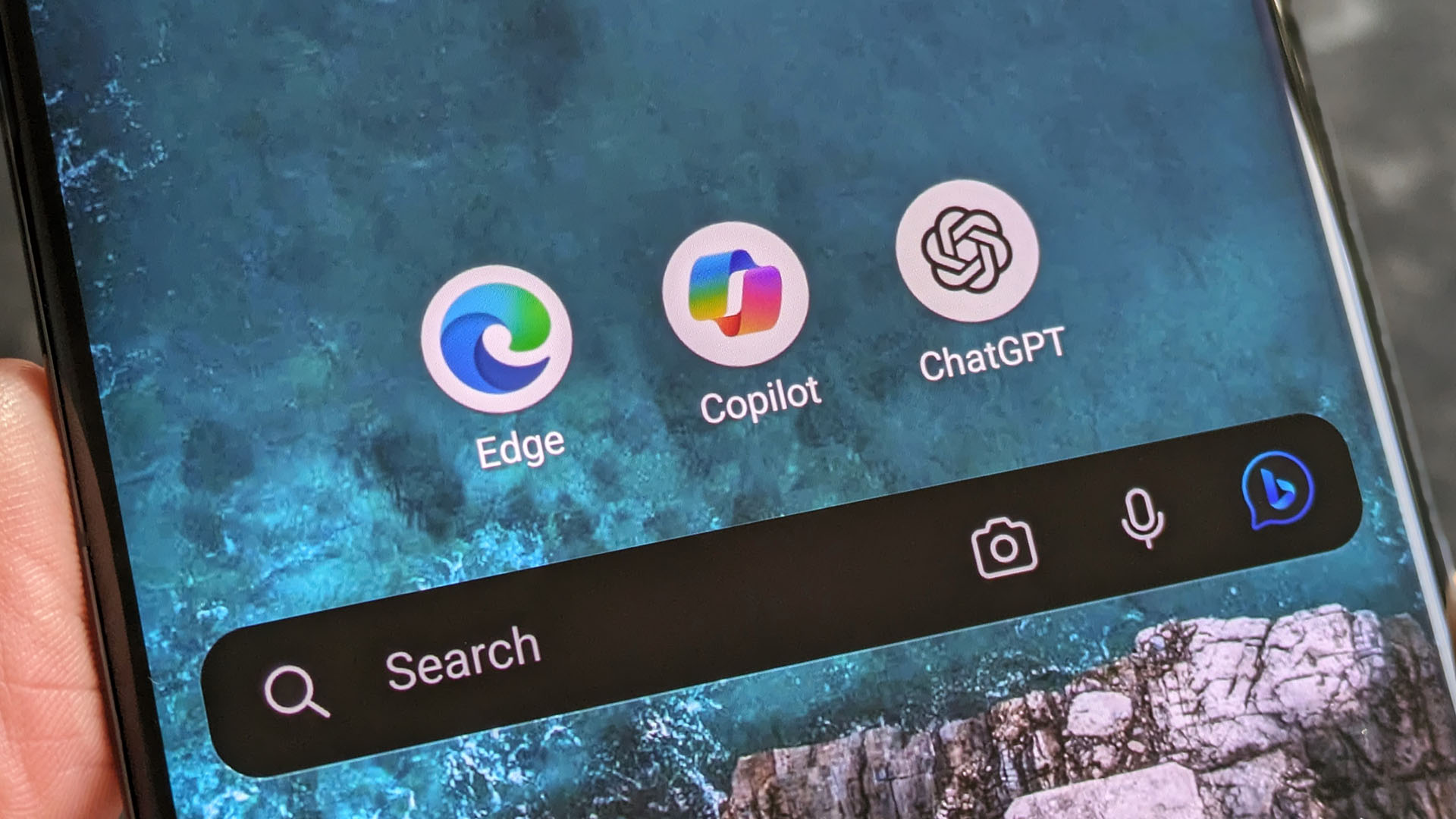
What you need to know
- Users often compare ChatGPT to Microsoft Copilot, indicating that the former is a better model.
- A source with close affiliations with Microsoft recently revealed that the users aren't leveraging the tool's capabilities as they are supposed to, hence causing the vast disparity in performance.
- The source indicated that most users fail to appreciate that different products have different working mechanisms.
- Users' reluctance to upgrade to newer versions of apps like the new Outlook and the lack of proper prompt engineering knowledge are among the main reasons users can't realize Copilot AI's full potential.
Due to the fast adoption of generative AI, we are seeing an influx of AI-powered chatbots, including Microsoft Copilot (formerly Bing Chat) and OpenAI's ChatGPT. Interestingly, while both tools are based on the same technology, ChatGPT seems to be the popular option for users compared to Microsoft Copilot.
While there isn't enough data to support this premise, a report from Appfigures released in January revealed that users prefer ChatGPT over Microsoft's recently released Copilot app on mobile despite shipping with free access to GPT-4 and DALL-E 3 image generation technology.
The report further suggested that Microsoft's lackluster promotion practices and subtle launch of the Copilot app dented its discoverability in the App Store and Google Play Store. As of January 5, 2024, only 2.1 million users had downloaded the Copilot app on iOS and Android. This has not impacted ChatGPT's revenue or installs.
And now, according to a report by the folks at Business Insider, one of the complaints lodged by Microsoft Copilot users is that it doesn't seem to work quite as well as ChatGPT. The information was disclosed to the outlet by a source with close affiliations with the company and direct contact with customer feedback. "One of the top customer complaints about Microsoft's AI Copilot tools is that it doesn't seem to work as well as ChatGPT," the source added.
OpenAI's early lead in AI pioneered ChatGPT's immense success
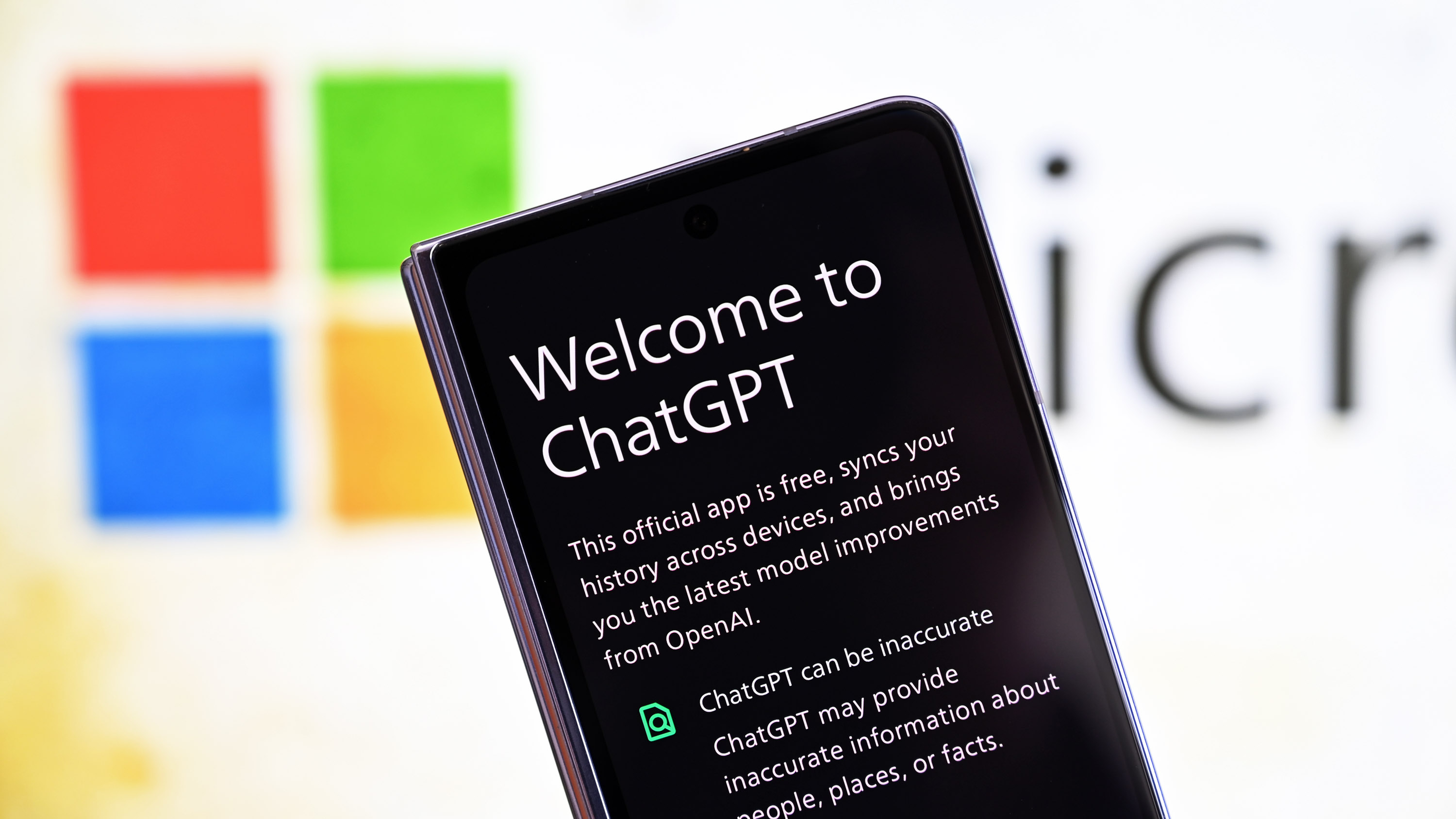
ChatGPT has been around longer than Copilot AI, and it's gotten smarter, faster, and better via new updates and shipping with many nifty features. This is coupled with the high standards and expectations that OpenAI has already set for avid ChatGPT users.
Right now, both ChatGPT and Copilot have paid subscription offerings, ChatGPT Plus and Copilot Pro. Unlike the free versions, these offer a ton of nifty features designed to provide more value for the user at $20 per month.
The reception for the paid versions of these chatbots remains unseen. Copilot Pro promises priority access to the GPT-4 Turbo model, even during peak times, for faster performance and an enhanced user experience. However, this wasn't the case when several Copilot Pro subscribers recently lodged complaints citing performance issues.
Get the Windows Central Newsletter
All the latest news, reviews, and guides for Windows and Xbox diehards.
Copilot is not ChatGPT, we run things our way
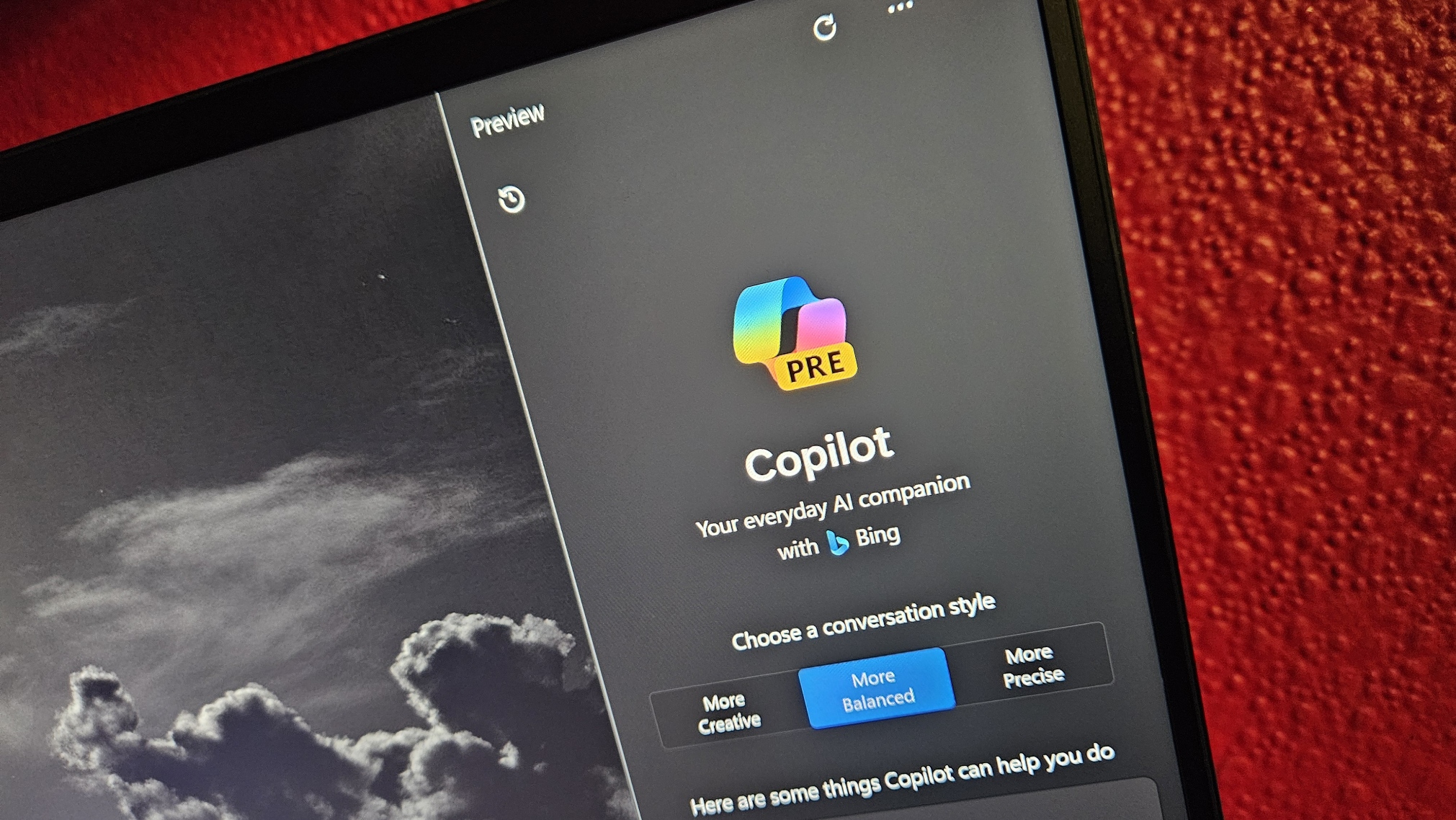
Microsoft has been busy integrating AI across its products and services, but it seems Copilot for Microsoft 365 is a hit among most users. This can be attributed to the fact that it works synonymously with Microsoft's productivity tools, including Word, Outlook, and Teams.
The integration has been received with mixed emotions from users, but inclining toward the positive side of things more. One of the main challenges Microsoft faces when trying to come up with solutions for some of these issues is that most customers are still hell-bent on using dated applications like the Outlook email service and still expect the super-charged AI capabilities to work perfectly. Is this why Microsoft is trying to forcefully upgrade users to the new Outlook app for Windows ahead of the Mail & Calendar apps' imminent end of support?
The source indicated that some users are having difficulty differentiating the work version of Copilot for Microsoft 365 from its web version. Most users expect the work version to sport similar performance specs as the web version. However, this isn't the case because the former uses internal customer data to curate personalized responses, whereas the latter generates quick and detailed responses to queries. After all, it refers to the internet for information.
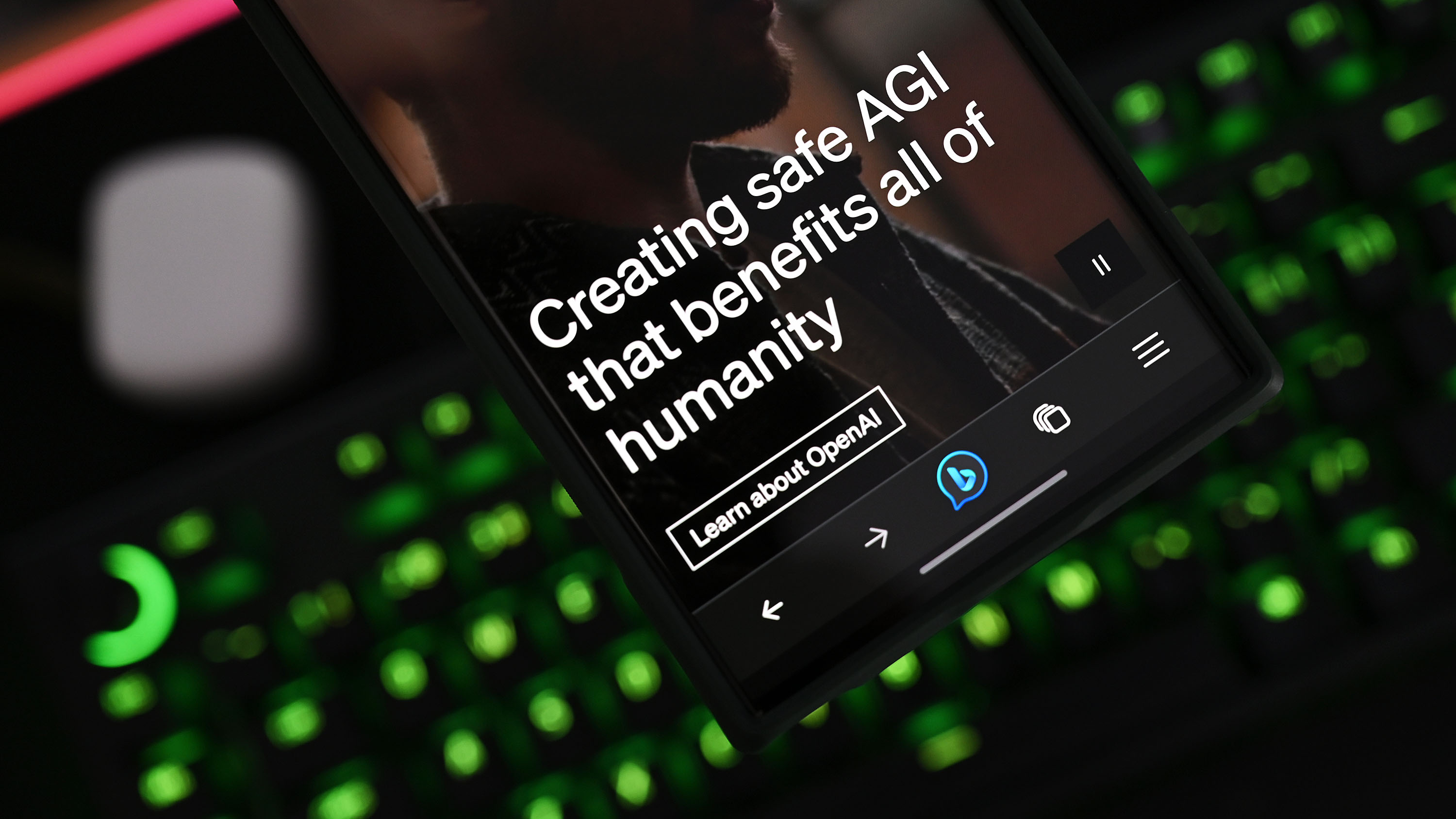
Unlike ChatGPT, which is trained using vast internet sources, Copilot AI relies on internal customer data to provide automated support to employees who need assistance with tasks like summarizing meetings. It also draws some of this information from tools like SharePoint. This means the tool might consume more time to handle complex tasks.
Microsoft says customers who constantly compare Microsoft Copilot with ChatGPT don't appreciate how different products work. Even Microsoft's Corporate Vice President of AI for Work, Jared Spataro, reiterates the exact sentiments.
READ MORE: Is an overreliance on Microsoft Copilot and ChatGPT negatively impacting our cognitive skills?
The source also disclosed that prompt engineering significantly affects most Copilot users. As such, users are unable to realize the tool's full potential. According to a Microsoft staffer, the quality of the response you get from the chatbot is determined by how good your prompt or question is. Microsoft is working on creating videos designed to help users improve their prompt engineering techniques.
Copilot Pro | $20 at Microsoft Store
Copilot Pro builds off the free version and has better performance and priority access during peak times and more image creator boosts that let you create more AI-generated images in a single day. Copilot Pro also enables AI features in Office apps, something the free version doesn't have.

Kevin Okemwa is a seasoned tech journalist based in Nairobi, Kenya with lots of experience covering the latest trends and developments in the industry at Windows Central. With a passion for innovation and a keen eye for detail, he has written for leading publications such as OnMSFT, MakeUseOf, and Windows Report, providing insightful analysis and breaking news on everything revolving around the Microsoft ecosystem. While AFK and not busy following the ever-emerging trends in tech, you can find him exploring the world or listening to music.
